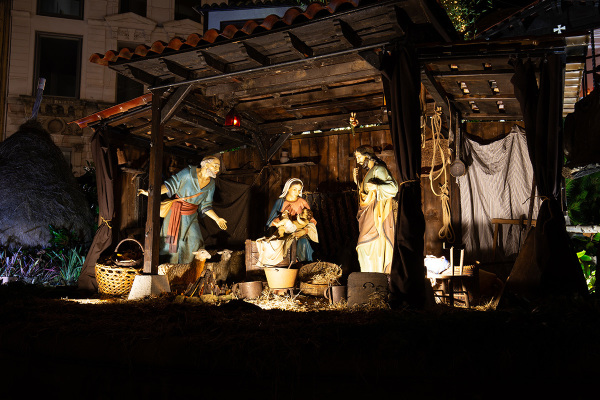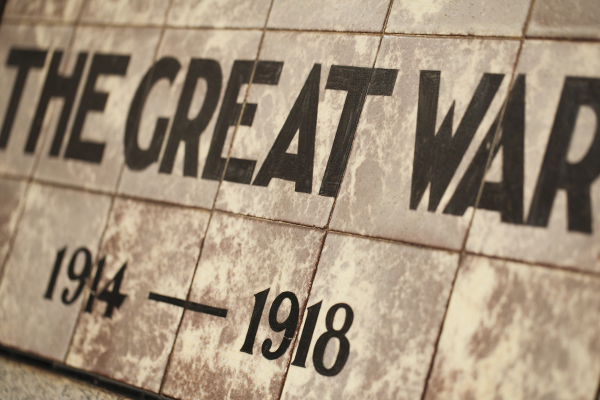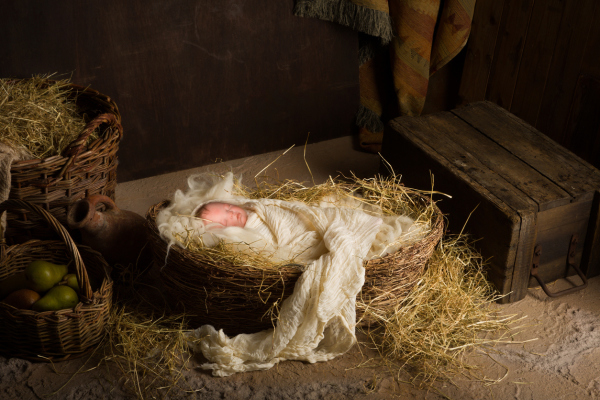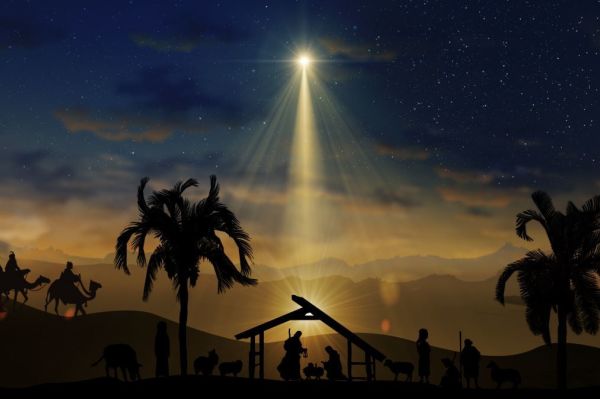Survey: Most Americans Say Founders Intended Christian Nation
A majority of Americans believe the nation's founders intended the United States to be a Christian nation, a new national survey revealed.
In the First Amendment Center's annual survey measuring attitudes toward freedom of religion, speech and press, 55 percent of Americans said they believe that the Constitution establishes a Christian nation. Furthermore, three out of four people who identify themselves as evangelical or Republican agree while about half of Democrats and independents do.
Compared to previous years, more Americans were found to support Christian activities in public schools. Most respondents (58 percent) say teachers in public schools should be allowed to lead prayers, up from 52 percent in 2005. Moreover, 43 percent say public schools should be allowed to put on Nativity re-enactments with Christian music while only 36 percent said so in 2005, according to the survey released Wednesday and titled "State of the First Amendment 2007."
Only 50 percent, however, said they would allow schools to teach the Bible as a factual text in history class, down from 56 percent in 2000.
"While the survey shows Americans highly value religious freedom, a significant number support privileging the religion of the majority, especially in public schools," said First Amendment Center senior scholar Charles Haynes.
Amid concerns from conservative Christians about the secularism of public schools, bestselling author Stephen Prothero, who wrote Religious Literacy, has expressed support for teaching the Bible in schools, saying that it plays a major part in the nation's culture and politics.
"The strong support for official recognition of the majority faith appears to be grounded in a belief that the United States was founded as a Christian nation, in spite of the fact that the Constitution nowhere mentions God or Christianity," Haynes argued in the survey report. "Of course, people define 'Christian nation' in various ways – ranging from a nation that reflects Christian values to a nation where the government favors the Christian faith."
In April, some 4,000 Christians, ranging from evangelicals to Pentecostals and mainline groups, assembled in Virginia Beach, Va., on the 400th anniversary of the first landing of English settlers in America to rededicate the nation to Christ. Christians nationwide believe the nation was founded on Christian roots and pray to revive the land from what they see as moral decay.
Nevertheless, the latest poll doesn't mean a majority favors a "theocracy," said Rick Green of WallBuilders, an advocacy group that believes the nation was built on Christian principles, according to USA Today. Rather, the poll shows that most believe the Constitution reflects Christian values, including religious freedom.
"I would call it a Christian document, just like the Declaration of Independence," he says.
Nearly all Americans (97 percent) say the right to practice one's own religion is "essential" or "important." The right to "speak freely about whatever you want" and the right to "assemble, march, protest or petition the government" are also highly valued by 98 percent and 94 percent of Americans, respectively.
In other findings, 56 percent believe that the freedom to worship as one chooses extends to all religious groups, regardless of how extreme, down from 72 percent in 2000. Twenty-five percent say "the First Amendment goes too far in the rights it guarantees," a rebound from the 49 percent recorded the year after 9/11, but up from 18 percent in 2006.
Also, 74 percent would prevent public school students from wearing a T-shirt with a slogan that might offend others; 34 percent think the press "has too much freedom" – the lowest since the survey was first conducted in 1997; and 64 percent could name freedom of speech as one of the five freedoms included in the First Amendment while only 19 percent was able to name religion.
The 2007 survey of 1,003 respondents was conducted by telephone between Aug. 16 and Aug. 26 by New England Survey Research Associates.





















